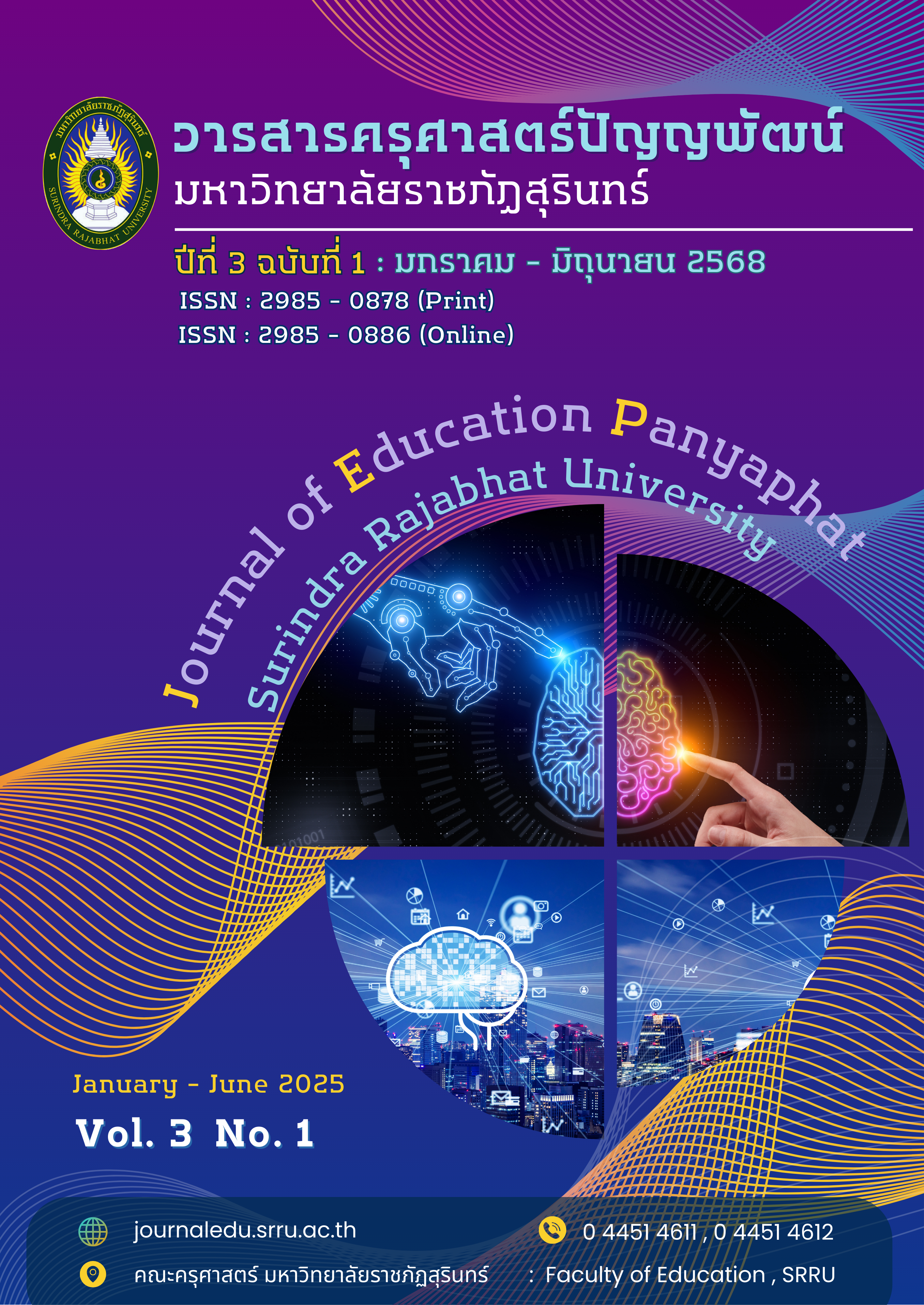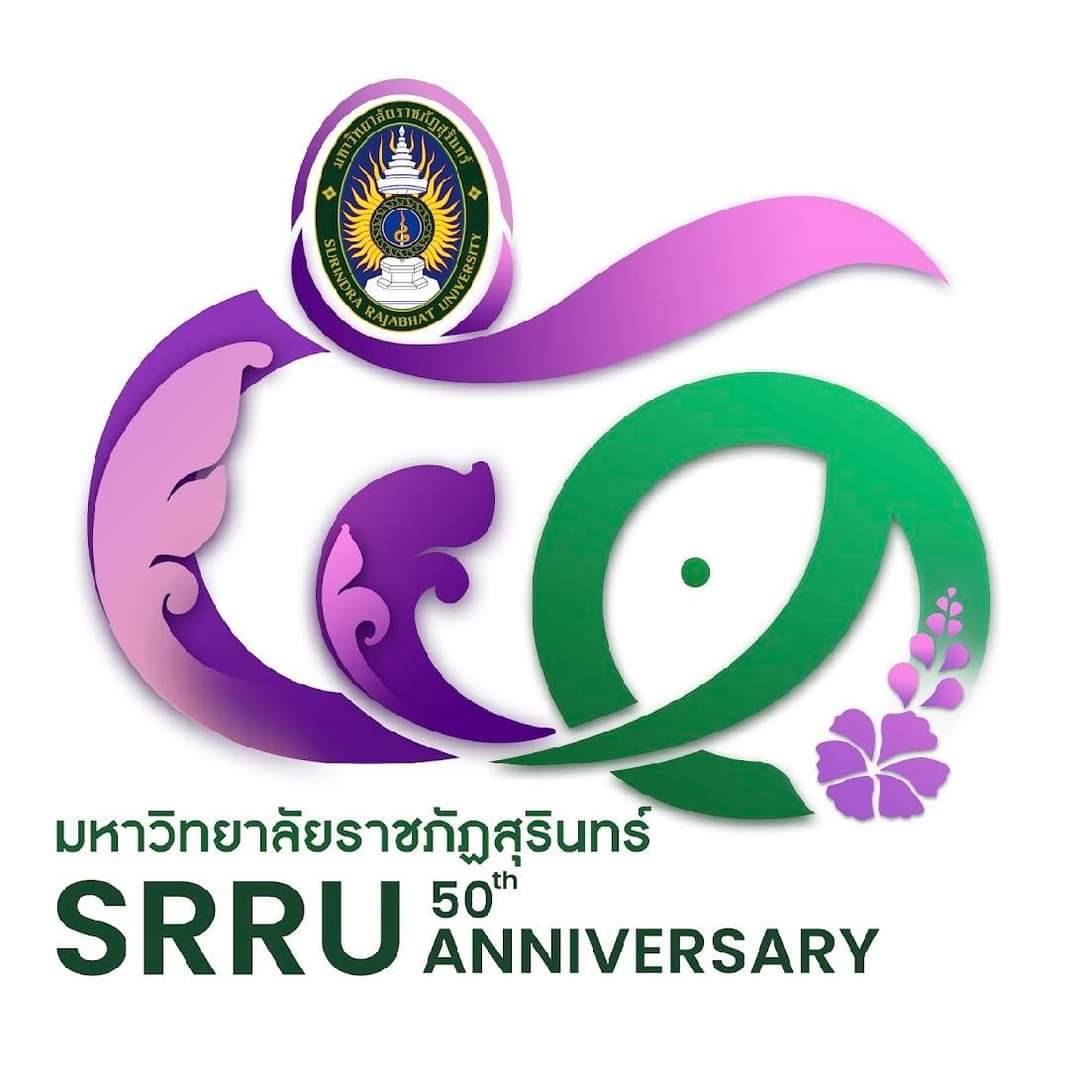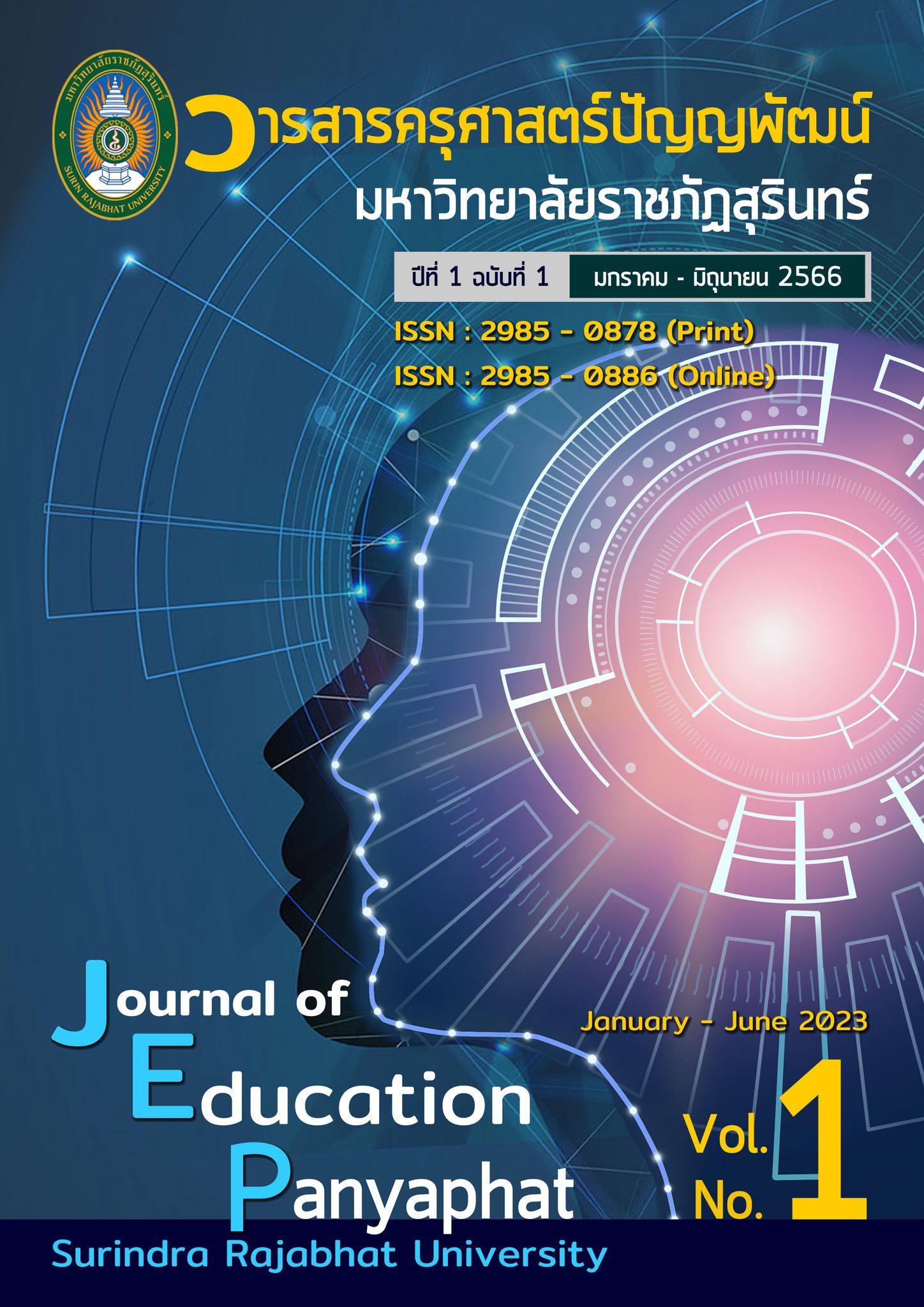Soft Power and music in Thai society
DOI:
https://doi.org/10.65205/jedusrru.2025.3411Keywords:
Soft Power, Soft Power in music, Soft Power in Thai societyAbstract
Music plays a significant role as a Soft Power tool for Thai society, generating interest and understanding from the international community. The diverse presentation of Thai culture and perspectives through music not only provides enjoyment but also serves as a potent form of Soft Power, allowing the world to appreciate Thai. Despite the evolution of the global music landscape and shifting listening trends, certain genres of Thai music have risen to prominence, playing a crucial role in entertainment and enhancing Thailand's global recognition. Foreign policy reinforces Soft Power by elevating the country's status as a bridge between major and developing nations. Cultural diplomacy through music promotes economic cooperation, cultural exchange, and the forging of alliances. Music acts as a vital symbol that shapes both domestic and international society. The integration of local music with innovation fosters cultural understanding and boosts tourism. Consequently, music is an influential Soft Power representative capable of building a positive image of Thailand on the global stage.
References
กนกพร โชคจรัสกุล. (2565). เผยวิธีสร้าง'T-POP'อุตสาหกรรมดนตรีให้เป็น 'Soft Power' ไทยจุดประกาย. กรุงเทพธุรกิจ. สืบค้นจาก https://www.bangkokbiznews.com/lifesty
กองทุนพัฒนาสื่อปลอดภัยและสร้างสรรค์. (2565). กระทรวงวัฒนธรรมเดินหน้าผลักดัน SOFT POWER ดึง “เบิร์ด-ธงไชย” ถ่ายทอดเสน่ห์วัฒนธรรมผ่านบทเพลง “ฟ้อนทั้ง น้ำตา” สืบค้นจาก www.thaimediafund.or.th กองทุนพัฒนาสื่อปลอดภัยและสร้างสรรค์ร่วมกับคณะนิเทศศาสตร์. จุฬาลงกรณ์มหาวิทยาลัย
กรมส่งเสริมวัฒนธรรม. (2567). จัดงานคอนเสิร์ต 84 ปีลูกทุ่งไทย ภายใต้โครงการลูกทุ่งสร้างสรรค์ผสานสมัย พลังศิลปวัฒนธรรมไทยสู่สากล. salika.co.
สืบค้นจาก https://www.salika.co/traditional-thai-music-go-international/
กิตติ ประเสริฐสุข. (2566). Soft Power ของจีน ญี่ปุ่น เกาหลีในอาเซียนและนัยต่อไทย (480 หน้า). สำนักงานคณะกรรมการส่งเสริมวิทยาศาสตร์ วิจัยและนวัตกรรม.
ณัฐนาม ไวยหงส์. (2565). ดนตรีเร็กเก้ เคป๊อปและร็อกแอนด์โรล Soft Power ที่ทำให้แต่ละประเทศถูกจดจำอย่างชัดเจน. Vogue Thailand. สืบค้นจาก
https://www.vogue.co.th/music-soft-power
ไพบูลย์ ปีตะเสน และจิราพร จันจุฬา. (2563). ถอดรหัสเส้นทางสู่ฮัน-รยู 4.0 Journal of Liberal Arts, Prince of Songkla University, 12(2), 1-20.
โพสทูเดย์. (2563). คอลัมน์ทันเศรษฐกิจ. สืบค้นจาก https://www.posttoday.com/world
วริศรา ภาคมาล. (2563). การทูตสาธารณะเครื่องมือ Soft Power ของเกาหลีใต้ กรณีศึกษา การทูตวัฒนธรรม. วิทยานิพนธ์ปริญญามหาบัณฑิต มหาวิทยาลัยธรรมศาสตร์.
สำนักงานสภาพัฒนาการเศรษฐกิจและสังคมแห่งชาติ (2566). ฉบับที่ 13 พ.ศ. 2566-2570. สืบค้นจาก
https://www.nesdc.go.th/ewt_w3c/ewt_dl_link.php?nid=11074
Bangkok Post. (2022). Milli makes a sticky rice splash at Coachella. Retrieved from https://www.bangkokpost.com
Hug, S. (2019). Soft-power, culturalism and developing economies: the case of Global Ibsen. Palgrave Communications, 5(48), 1-9.
Ganjanapan, A. (2008). Multicultural in the context of social and culture transaction. In Proceedings of the Nationalism and Multicultural Conference (pp. 217-294). Chiang Mai University. [In Thai]
Hug, S. (2019). Soft-power, culturalism and developing economies: the case of Global Ibsen. Palgrave Communications, 5(48), 1-9. Retrieved from https://doi.org/10.1057/s41599-019-0255-4
Downloads
Published
How to Cite
Issue
Section
License
Copyright (c) 2025 JOURNAL OF EDUCATION PANYAPHAT SURINDRA RAJABHAT UNIVERSITY

This work is licensed under a Creative Commons Attribution-NonCommercial-NoDerivatives 4.0 International License.
ข้อความลิขสิทธิ์










